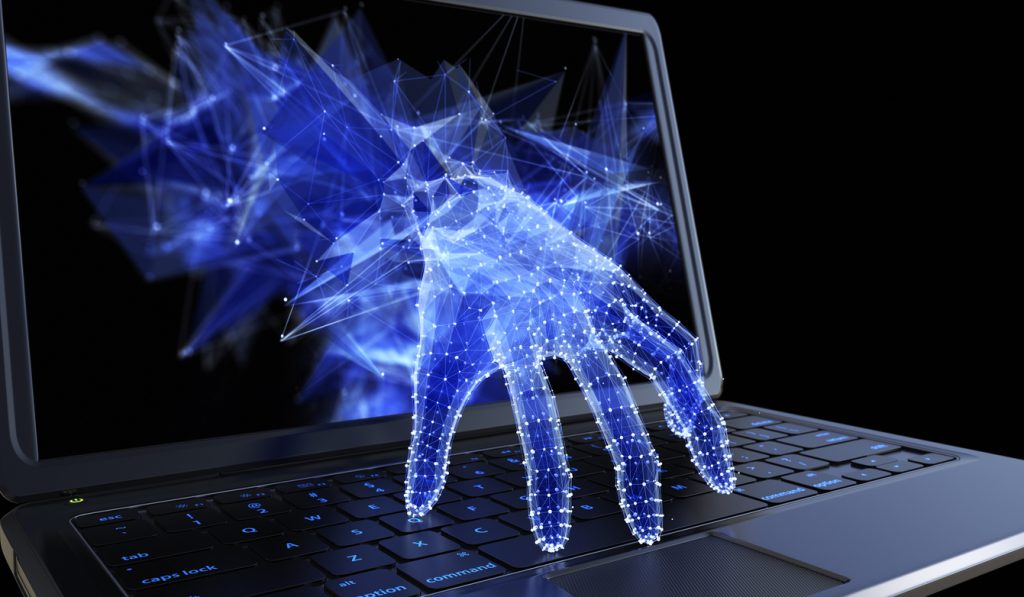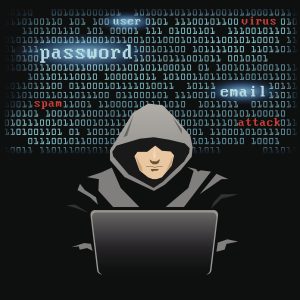A cyberattack in Australia last week disrupted the Channel Nine TV network’s live broadcasts. The on-air assault has prompted officials to raise concerns about the country as a whole being vulnerable to malicious operators.
Multiple national attacks
The television broadcaster reported that it had been unable to air many of its programmes during the attack, including the popular show Weekend Today. It also owns The Age and The Sydney Morning Herald newspapers, but commented that both its radio and publishing divisions had been largely unimpacted by the incident.
When the cyberattack hit, Channel Nine initially reported that it was necessary for it to respond to technical issues that were interfering with its ability to broadcast live. The show Weekend Today normally runs for six consecutive hours live from Sydney, but was unable to air, and the network’s online site 9news.com.au was also impacted.
After confirming the cyberattack, the network issued the following statement:
“Our IT teams are working around the clock to fully restore our systems which have primarily affected our broadcast and corporate business units. Publishing and radio systems continue to be operational.”
Later, however, a report issued by one of the network’s senior journalists admitted that both editing and email systems were down following the attack.
Channel Nine also commented that it was undertaking an investigation into whether criminal sabotage was behind the cyberattack or if a foreign nation state was responsible. Karl Stefanovic, the Channel Nine network’s presenter, later made jokes about Russians being behind the hack on another programme, The Today Show.
On the same day of the attack, Australia’s dedicated parliament in Canberra also experienced an incident and was investigating a potential cyberattack. While forensic work was carried out, access to email accounts and IT resources was blocked, according to Andrew Hastie, Australia’s Assistant Defence Minister. He commented that this action was taken in response to problems that had impacted an external provider, and added:
“This is a timely reminder that Australians cannot be complacent about their cyber-security. The government acted quickly, and we have the best minds in the world working to ensure Australia remains the most secure place to operate online.”
Despite the unusual timing of the incident, there is currently no solid evidence linking the outage experienced by the Australian Parliament and the Channel Nine hack.
A history of hacks
In recent years, Australia’s government, along with many of its major corporations and established institutions, have been victims of dedicated cyberattacks. In 2020, Scott Morrison, the country’s Prime Minister warned that organisations around Australia were being specifically targeted by “state-based” foreign hacker using sophisticated methods. In 2019, both the Australian parliament and its political parties also suffered a cyberattack.
Experts in cyber intelligence have commented that only a handful of states that are not already allies of Australia have the capability to perform attacks this complex, including North Korea, Iran, Russia, and China. Cyber security analysts have long attributed many of these hacks, including the 2019 attack on parliament, to China and recent years have seen the two nations’ relations deteriorate severely.



